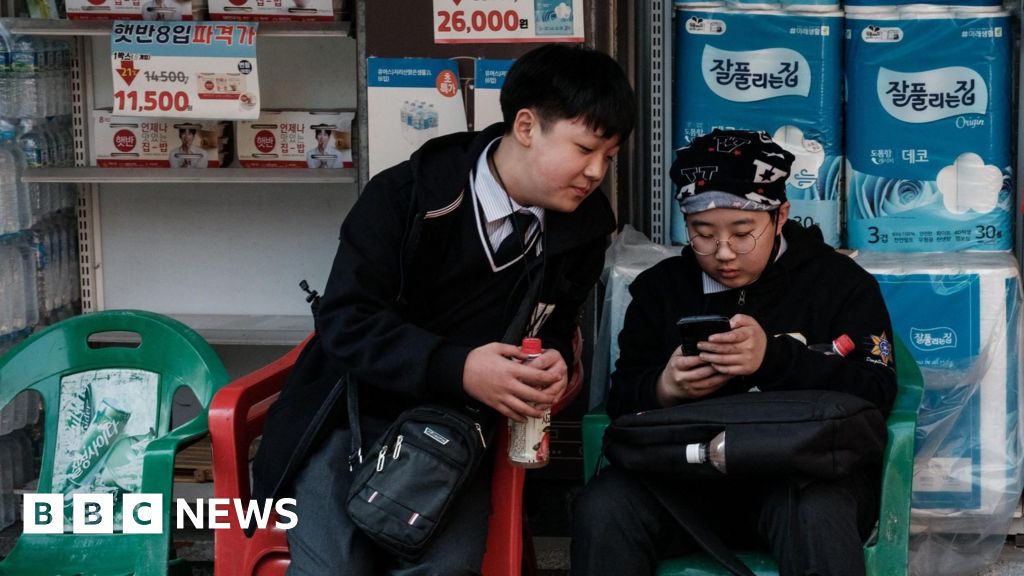South Korea has passed a bill banning the use of mobile phones and smart devices during class hours in schools, becoming the latest country to impose restrictions on phone usage among children and teens.
The law, set to take effect in March 2026, is part of a bi-partisan effort aimed at combating smartphone addiction, which growing evidence suggests has detrimental effects on young people.
Lawmakers, parents, and educators argue that smartphone usage is damaging students' academic performance and detracts from their study time. However, the ban has faced criticism, particularly from students who question its practicality and whether it truly addresses the underlying issues related to digital addiction.
The bill passed with a convincing majority, garnering 115 votes in favor out of 163 representatives present. While many South Korean schools have already implemented smartphone bans to some extent, South Korea is among the few to formalize such a restriction in law.
Concerns extend beyond mere distraction. A significant portion of the population, including 43% of 10 to 19-year-olds, reportedly struggles with phone dependency. Many parents express worries over the negative impacts on social interactions, as well as the potential for online bullying.
Cho Jung-hun, an MP who authored the bill, highlights the critical need for action, citing that scientific research shows severe consequences of smartphone dependency on children's cognitive and emotional development.
Though the law primarily prohibits phone use during lessons, it also empowers educators to restrict phone access on school grounds. Schools are required to educate students about appropriate device usage, with exceptions for those with disabilities and emergencies.
Despite the ban being widely supported by teachers' unions, divisions exist; while conservative groups endorse it for reinforcing legal control over smartphone use, others caution that it may infringe on students' rights. Teachers emphasize that the decision to ban phones does not equate to addressing the real issues faced in a hyper-competitive educational landscape.
As South Korea implements this measure, the national dialogue continues, questioning if enforcement will be effective or if deeper educational reforms are necessary to combat the root causes of smartphone addiction.




















